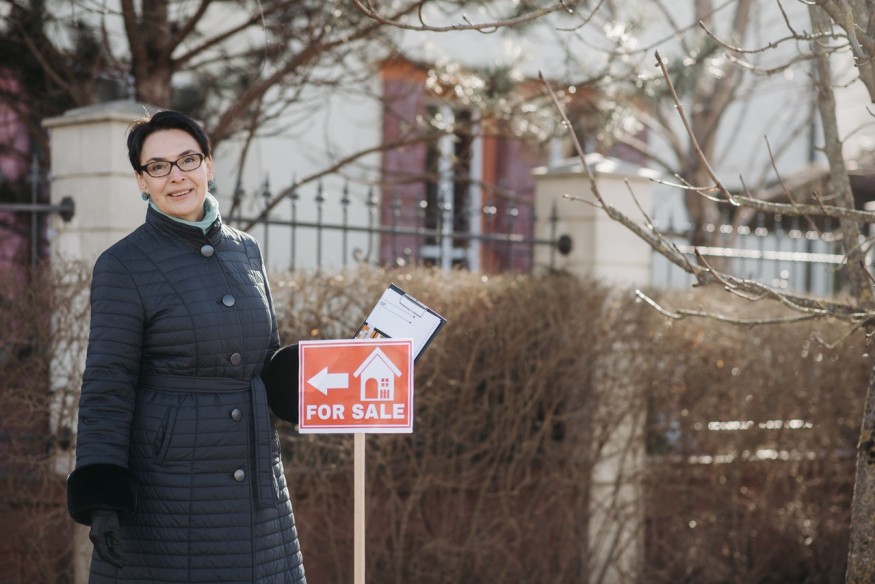
No matter what kind of plans you have for your retirement, one of the most important things to consider is whether you want to continue living in your current home. Many retirees have kids who've left their homes, and they don't need that much space anymore.
On the other hand, some people are emotionally attached to their homes and want to spend the rest of their days there. However, as you might know, buying or selling property is a big financial decision, and you need to look at things from this perspective.
Potential benefits of selling your home
Retirees can benefit in many different ways from selling their homes at this stage of their lives. Here are some of the most significant benefits to consider.
Getting finances for your dream home
Everyone has something different they want from their perfect home. Priorities change as you grow older, and something that seemed ideal when you were younger might not be what you need now.
You might be looking for something far outside all the commotion of the city center and with less space so that you can enjoy some peace and quiet. With current low mortgages, there are a lot of buyers out there, while the inventory is relatively low. In other words, it's a good situation for sellers on the market.
Reducing maintenance costs
All houses have ongoing costs that need to be considered. At the same time, older homes will likely need more maintenance depending on their condition. The larger your home is, the higher your property taxes will be.
You will also have to pay for utilities, mortgage, insurance, etc. If you feel you're wasting precious funds on maintaining your home, you should consider switching to something with lower ongoing costs.
Getting that sweet tax break
In many countries and local municipalities, sellers can get a tax break. For example, if you've lived in your home for at least two years out of the last five years before making the sale, you will have no taxes for profits up to $250,000.
However, if you and your spouse file a joint return, that amount climbs to $500,000. You can get these tax breaks if you've acquired ownership through a divorce settlement and haven't been an owner for two years. If your spouse, the owner, dies, you can still get these tax breaks.
Getting cold cash
Many people don't have enough savings but have valuable assets they don't need. Selling them just makes financial sense. On the other hand, if your market has grown in value, you can make the sale as an investment. Some people want to start businesses in retirement or travel and need more cash to realize their plans.
When you shouldn't sell
As we mentioned, selling your home when in retirement isn't always the right thing to do.
When needing cash for living expenses
You might be wondering why you shouldn't sell when you need the cash for living expenses. It all depends on the financial situation you're in. For example, if you just need money to live out the rest of your days peacefully and have no intention of selling your home, you should avoid it.
Why? Simply because you could get a reverse mortgage and turn some of your home equity into cold cash. If the market is healthy, you might not even lose any value on your home as the equity could actually be the value growth your property has had.
Check out some reverse mortgage reviews to see if you can find something that works for you.
When rents are more expensive than ongoing costs
Many people sell their homes and rent out a place, thinking they will have enough cash for ongoing expenses and rent. Your monthly rent is never coming back, and when you consider additional living costs, the sum can add up to quite a lot.
It all depends on whether you have a mortgage on the house, your equity, and the current market situation. For example, if you still need more time to pay off the mortgage, you can reduce the payments by selling the house and renting or buying something new.
Conclusion
In the end, it's all about considering all your current payments, the equity of your home, and how much you're emotionally invested. Some people don't want to get additional funds and merely want to spend their days where they truly feel at home.



